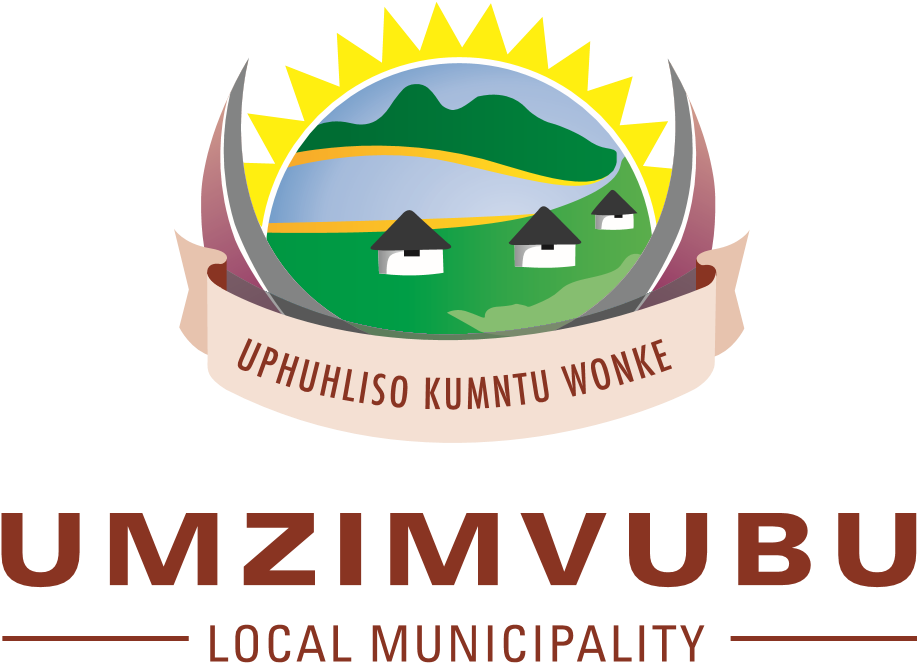
Please wait, loading...

Please wait, loading...
Cllr Nomnganga was born in Bislani Location, KwaBhaca in 1986. He matriculated in Zibokwana Senior Secondary School in 2005. He then furthered his education and obtained his National Diploma in Human Resource Management at Durban Computer College. He recently obtained his Bachelor in Public Administration at Mancosa in 2023.
From 2015 to 2021 he was employed by the Department of Home Affairs as Senior Immigration Officer, a position he held until he was elected as Ward Councilor for Ward 21 in Umzimvubu during the 2021 Local Government Elections.
ABOUT THE OFFICE OF THE SPEAKER
The Local Government Municipal Structures Acts Provides that each Municipal Council must have a chairperson who is called the Speaker. The speaker is elected by the council from among the councillors at the first sitting of the council after the local government elections, or when necessary to fill the vacancy. The municipal manager of the municipality or if the municipal manager is not available, a person designated by the MEC for local government in the province presides over the election of a speaker.
The speaker acts as a chairperson at the council meetings and ensures the compliance of the council code of conduct rules and orders. He also ensures the proper functioning of the legislative side of the council, and it is required to be impartial. The Speaker also ensures community participation in legislative initiatives and should communicate with the public on the performance of the Council.
The Speaker is a full-time councillor. The functions of the Speaker are set out in Section 37 of the Municipal Structures Act as follows:
In addition to the statutory functions listed the office of the speaker is also responsible for the functions listed hereunder: